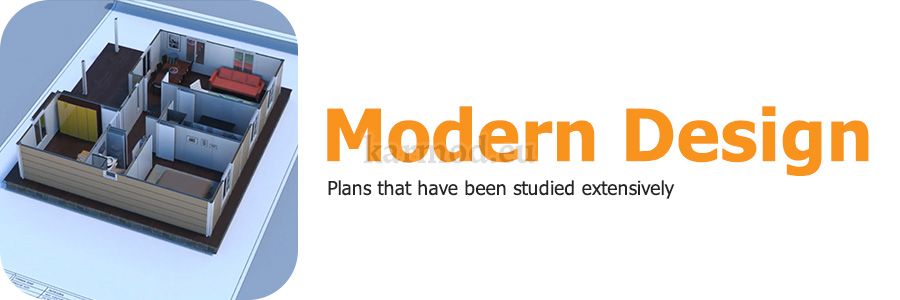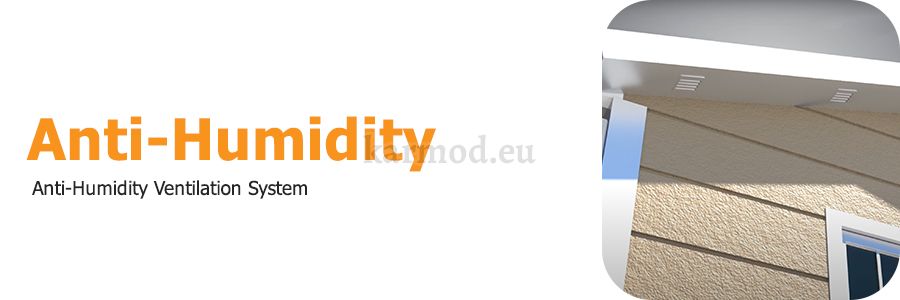Modular Healthcare Design has become a pioneering solution in the construction of medical facilities. Through the use of modular buildings, healthcare providers can achieve greater flexibility and efficiency. These structures are assembled off-site and tailored to meet specific requirements, ranging from small clinics to large hospital complexes. The application of prefabricated buildings also ensures sustainability by utilizing controlled manufacturing processes and materials.
Modular Hospital construction has emerged as a vital alternative to traditional building methods, providing healthcare systems with rapid, scalable solutions. With the need for quick response in various scenarios, modular hospital design allows for flexible adaptation to suit the specific needs of patients. Key aspects of this approach include:

With options such as camps and field hospitals, modular hospital construction symbolizes the future of healthcare facility solutions, combining adaptability with high-quality standards.
Similar to the larger modular hospital structures, modular clinic buildings offer a streamlined solution for smaller-scale healthcare needs. These prefab clinics are designed with the community in mind and provide essential healthcare services. Key components and benefits include:

Whether it's a hospital concept for a major metropolitan area or a small modular infirmary for a rural community, modular healthcare buildings represent a future-forward approach, offering customizable and sustainable solutions for modern healthcare needs.
Modular satellite clinics are a revolution in healthcare facility solutions, catering to remote and underserved areas. The concept behind modular satellite clinics is based on:
Integration with Modular Healthcare System: They form a part of the larger modular healthcare network, working in conjunction with modular hospital buildings.
These characteristics make modular satellite clinics an essential part of modern healthcare, ensuring accessibility and efficiency.

Modular medical buildings provide versatile spaces that can be tailored to various medical uses, such as offices, labs, or patient care areas. The benefits and features of modular medical buildings include:
Modular medical buildings represent the future of healthcare construction, offering flexible, efficient, and environmentally friendly options.

Camps and field hospitals are temporary healthcare buildings designed to respond to emergencies, disasters, or military operations. These structures are significant in:

Camps and field hospitals symbolize a vital aspect of the modular healthcare system, ensuring that medical care can be provided anywhere, anytime, under any circumstances. Whether for humanitarian missions or military operations, they embody adaptability and resilience in healthcare provision.
A modular infirmary represents a significant advancement in the field of healthcare construction. These facilities are known for their adaptability, efficiency, and functionality. Through modular hospital construction, modular infirmaries can be customized to cater to specific healthcare needs. Prefab infirmary units, designed with prefab hospital design principles, further enhance the speed of setting up these structures. Whether for schools, factories, or community centers, modular infirmaries are aligned with the concept of modular healthcare, integrating seamlessly with existing modular hospital buildings or modular clinic buildings.

When it comes to modular healthcare facilities prices, various factors come into play. The cost of modular hospital buildings depends on the customization, design, and materials used. Modular hospital construction generally offers more cost-effective solutions compared to traditional buildings. Factors that can influence the price include the complexity of modular hospital design, the choice between prefab medical buildings and modular medical buildings, and the inclusion of specialized components like modular clinical rooms or prefabricated hospital headwalls. Furthermore, temporary healthcare buildings like field hospitals or deployable field hospital units might have different cost considerations. Overall, modular healthcare offers a flexible price range suitable for various budgets and needs.
Visual representation through modular healthcare facilities images can provide valuable insights into what modular healthcare buildings look like. These images often showcase the innovation and aesthetics of modular hospital design. From the exterior views of a complete modular hospital to the intricate details of modular hospital rooms and wards, these images provide a comprehensive understanding of the potential and versatility of modular buildings for healthcare. You may find pictures highlighting different aspects, such as modular satellite clinic layouts, modular medical office designs, camps and field hospitals setups, or even the interior of a modern prefab clinic. These images not only illustrate the modular hospital meaning in a visual context but also inspire new ideas for healthcare facility solutions.

The interior of modular healthcare facilities is a marvel of modern engineering, providing both functionality and comfort. Utilizing modular hospital design principles, these interiors can be customized to accommodate different healthcare requirements, such as modular clinical rooms, modular hospital wards, and prefabricated hospital headwalls. Modular healthcare system integration also allows for seamless connectivity between different parts of the facility, enhancing overall workflow. Karmod's innovative approach in creating modular healthcare buildings fosters an environment that is patient-friendly while fulfilling medical professionals' needs.
In a rapidly changing healthcare landscape, modular hospital facilities have emerged as a quick and economic solution to healthcare infrastructure needs. Modular hospital construction reduces both time and cost compared to traditional building methods. With options like prefab hospital design, modular medical buildings, and prefab medical buildings, the construction process becomes highly flexible and efficient. Temporary healthcare buildings, such as field hospitals, camps and field hospitals, and deployable field hospitals, can be swiftly erected, meeting urgent healthcare demands. The concept of modular healthcare is not just about efficiency; it also means high quality, as seen in modular hospital buildings and modular clinic buildings, meeting various medical standards.

Modular hospital facilities projects showcase the versatility and innovation in the field of modular healthcare. These projects can range from full-scale modular hospital buildings to specialized units like a modular satellite clinic or modular infirmary. Prefab hospital and prefab clinic structures are often featured in these projects, demonstrating the adaptability of modular construction. Whether it's creating temporary healthcare buildings for emergency situations or developing comprehensive healthcare facility solutions that include modular medical office spaces and modular hospital rooms, these projects symbolize a new era in healthcare construction. The modular hospital meaning transcends beyond just building structures; it represents a holistic approach to healthcare infrastructure, merging design, technology, and patient care.